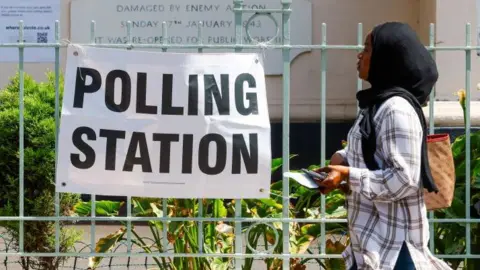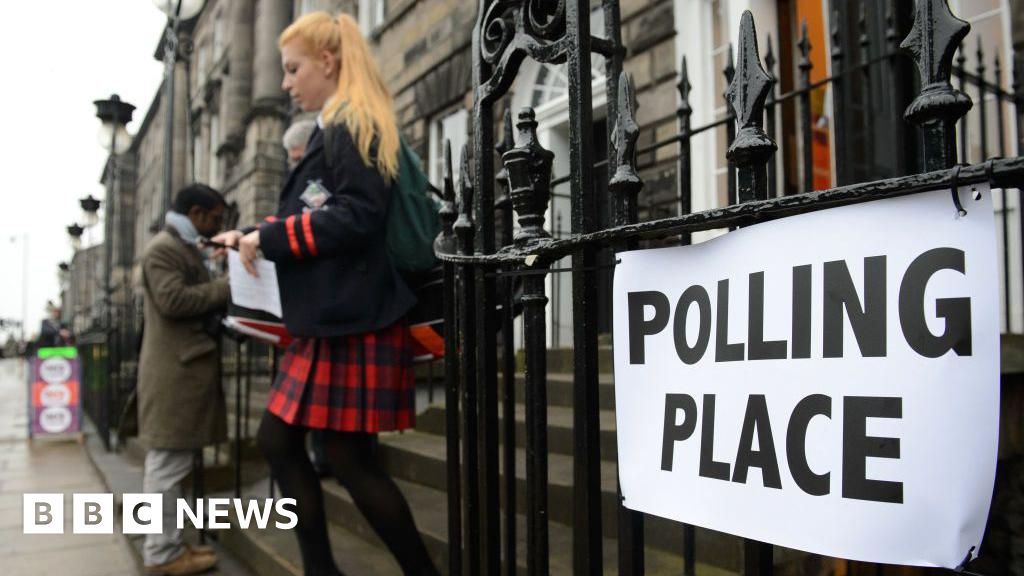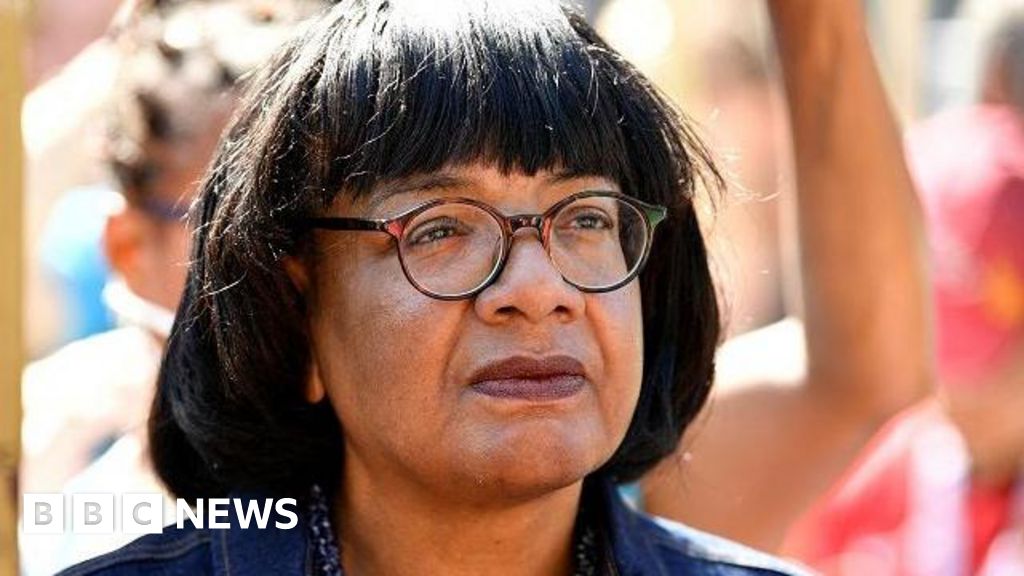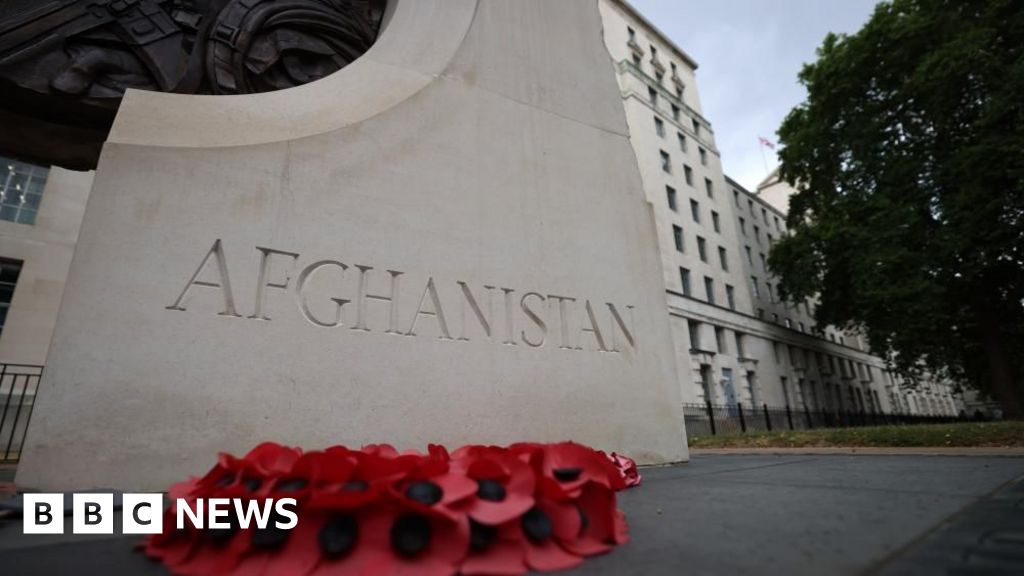
 Getty Images
Getty Images
The voting age will be lowered to 16 across the UK before the next general election, the government has said.
The move is part of wider changes to election rules, which also include expanding the range of voter ID and moving towards automatic voter registration.
What is the plan to allow 16 and 17-year-olds to vote?
The changes mean around 1.5 million 16 and 17-year-olds will be able to vote in the next general election, which must be held by 2029 but could be earlier.
The government says the change will give young people a chance to have a say in how the UK is run.
"At 16, a young person can work, they pay taxes, they can join the Army. So there's no reason why from that age, they shouldn't have a say in who governs our country," said Democracy Minister Rushanara Ali.
The commitment to lower the voting age was in Labour's 2024 election manifesto.
It represents the biggest change to the make-up of the electorate since voter age was reduced from 21 to 18 in 1969.
It means 16-year-olds will be able to vote in all elections across the UK. As is the case in Scotland, young people will also be able to register to vote from age 14.
The minimum voting age is already 16 for local council elections in Scotland and Wales, as well as for elections to the Welsh Parliament and Scottish Parliament.
However, you currently need to be 18 to vote in UK parliamentary elections, local elections in England and all elections in Northern Ireland.
You will still need to be 18 to stand as a candidate.
What ID will voters be able to use?
In future, voters will be able to prove their ID with a UK-issued bank card showing their name, the govenment says.
Since May 2023, voters in England, Scotland and Wales have to show valid photo ID to vote in person in all general, local and national elections.
There are currently more than 20 acceptable forms of ID, including passports, driving licences, bus passes and Armed Forces Veteran Cards.
Anyone without valid ID can apply for a free document called a voter authority certificate.
However, some 4% of people who did not vote in the 2024 general election said it was because of voter ID rules, according to the Electoral Commission, which monitors UK elections.
The rules are different in Northern Ireland where voters have had to show photo ID since 2003.
How could voters be automatically registered?
At the moment eligible adults in the UK need to register in order to vote, which can be done online or using a paper form.
The Electoral Commission estimates that around seven million people are incorrectly registered or missing from the electoral register entirely, which means they cannot vote.
It says this disproportionately affects private renters and young people.
The government says it will work towards creating an automated voter registration scheme over the coming years. It says there will be safeguards so that people are aware of their registration status and can opt-out if they wish.
Voters will have to opt-in to be included in the open electoral register, which is made publicly-available. Nobody under 16 will appear on the open register.
A 2023 Electoral Commision report suggested automated registration could involve organisations like the Passport Office providing Electoral Registration Officers with the names and addresses of people eligible to vote.
The government says it will look closely at a number of automatic registration systems being piloted by the Welsh government for local council elections and elections to Senedd Cymru.
When is the next general election?
The latest a Parliament can be dissolved for a general election is on the fifth anniversary of the day it first met.
However, 25 working days are then allowed to prepare for the election.
The current Parliament began on 9 July, which means the next general election must be held by August 2029.
However, the prime minister can call an election at a time of their choosing, within the five-year period.
How do general elections work?
The UK is divided into 650 areas, called constituencies.
In a general election, voters in each constituency choose a Member of Parliament - or MP - to represent them in the House of Commons.
Most candidates belong to a particular political party, but some are independent.
Each person has one vote. Under a system called "first past the post", the candidate with the most votes becomes the MP for that area.
The party with the most MPs typically forms the next government, and its leader usually becomes the prime minister.
The 2024 general election used new constituency boundaries, redrawn to reflect population changes and to even out voter numbers.









 English (US) ·
English (US) ·